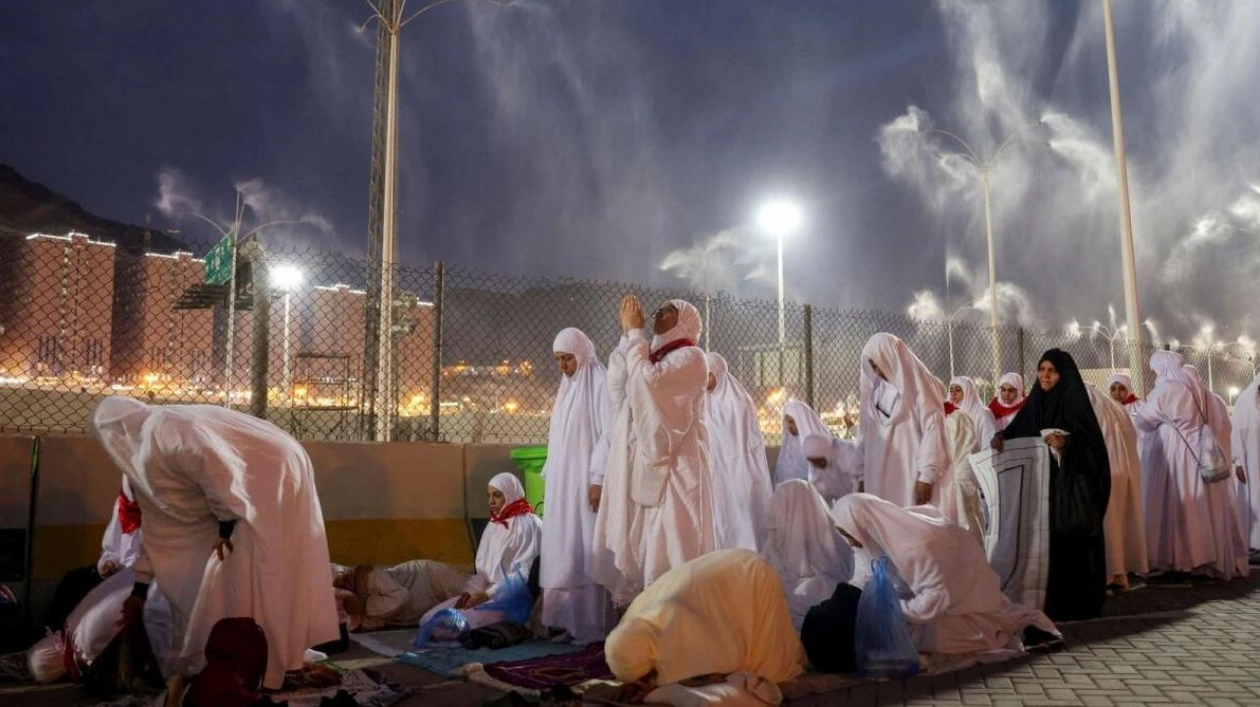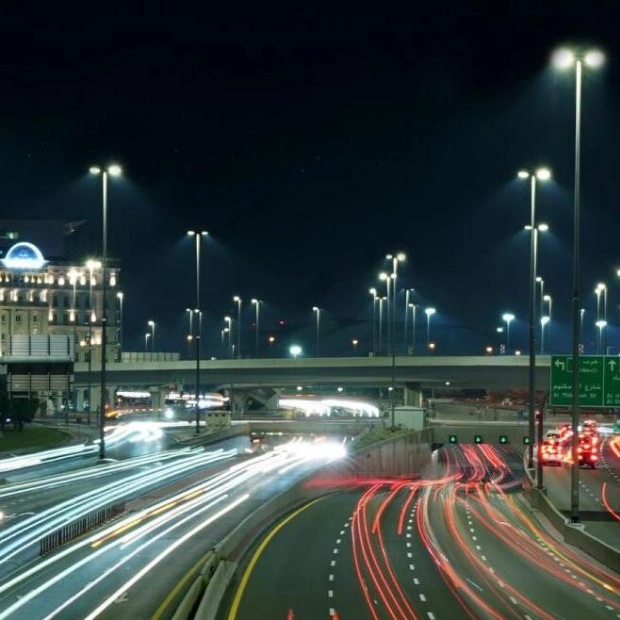According to an AFP tally released on Thursday, the number of fatalities during this year's Hajj has surpassed 1,000, with over half being unregistered worshippers who undertook the pilgrimage under severe heat conditions in Saudi Arabia. The latest reports include 58 deaths from Egypt, as detailed by an Arab diplomat, indicating that out of 658 deceased Egyptians, 630 were unregistered. Approximately 10 countries have collectively reported 1,081 deaths related to the pilgrimage, a mandatory duty for all capable Muslims. These figures were obtained through official statements or diplomatic sources. The Hajj, timed according to the Islamic lunar calendar, coincided with the intense Saudi summer, where temperatures reached as high as 51.8 degrees Celsius at the Grand Mosque in Makkah. A recent Saudi study indicates that temperatures in the region are increasing by 0.4 degrees Celsius per decade. Each year, tens of thousands of pilgrims attempt the Hajj through unofficial channels. Despite efforts to remove unregistered pilgrims, many still participated in the main rituals, lacking access to cooling facilities provided for the 1.8 million registered pilgrims. The heat was cited as the primary cause of death among Egyptian pilgrims, leading to complications from high blood pressure and other health issues. Egyptian officials are actively gathering data and assisting survivors in obtaining medical care. New fatalities were also reported from Pakistan and Indonesia, with Pakistan recording 58 deaths and Indonesia raising its death toll to 183. Other countries including Malaysia, India, Jordan, Iran, Senegal, Tunisia, Sudan, and Iraq's Kurdistan region have also confirmed deaths, though causes were not always specified. Meanwhile, efforts to locate missing pilgrims continue, with families and friends searching hospitals and online for updates. Saudi authorities have initiated the burial process for the deceased pilgrims, with procedures managed by the Saudi government. Saudi Arabia has not disclosed specific fatality numbers but reported over 2,700 cases of 'heat exhaustion'. Last year, over 300 deaths were reported during the Hajj, primarily from Indonesia. Next year's Hajj, scheduled earlier in June, may experience cooler conditions. A 2019 study predicts that heat stress for Hajj pilgrims will surpass 'extreme danger thresholds' between 2047 to 2052 and 2079 to 2086, increasing in frequency and intensity.

Text: Lara Palmer
20.06.2024
Unregistered Pilgrims Among Most Vulnerable as Temperatures Soar in Saudi Arabia





